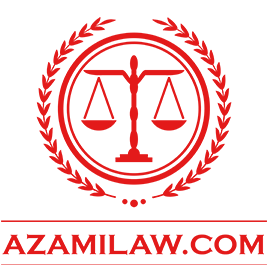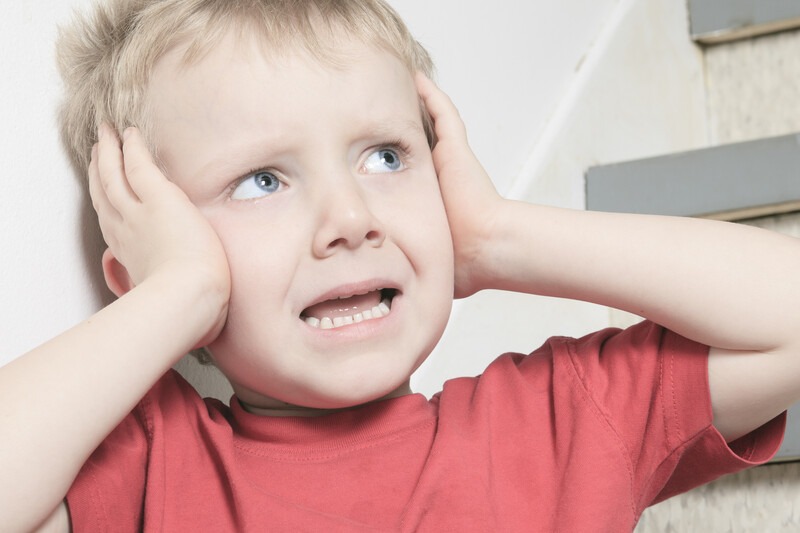California Penal Code 273(d) defines the crime of child abuse as willfully inflicting on a child “cruel or inhuman corporal punishment or an injury resulting in a traumatic condition.” It’s a wobbler in California. This offense can be charged as misdemeanor or a felony. There can be a charge for every child and every incident as a separate count.
A few examples are:
-
-
- Spanking or slapping a child hard enough to leave a mark
- Slapping a child for behavioral problems
- Hitting a child with a belt harder than is reasonable in order to discipline
-
Defenses:
-
-
- The accusations or allegations are false,
- The child’s injuries were caused by something other than abuse,
- The defendant was not the one who caused the injuries,
- The defendant was acting within his/her legal right to discipline the child, and/or
- The injury was the due to an accident.
-
Penalties:
The penalties will largely be determined by the facts of the alleged offense, and the defendant’s any criminal history. The judge may also add more terms to the penalties below such as drug testing, random police/CPS visits to child and other such terms.
Misdemeanor:
-
-
- Up to one 1 year in county jail, and/or
- Fine of up to $6,000
- One year of anger management classes (52 weeks)
- Immigration Consequences
- Possible loss of government assistance programs
-
Felony:
-
-
- 2, 4 or 6 years in prison (additional 4 years if the defendant has a prior felony child abuse conviction within the preceding 10 years), and/or
- Fine of up to $6,000
- Immigration Consequences
- Possible loss of government assistance programs
- Loss of firearm(s)
- One year of anger management classes (52 weeks)
-
(a) Any person who willfully inflicts upon a child any cruel or inhuman corporal punishment or an injury resulting in a traumatic condition is guilty of a felony and shall be punished by imprisonment pursuant to subdivision (h) of Section 1170 for two, four, or six years, or in a county jail for not more than one year, by a fine of up to six thousand dollars ($6,000), or by both that imprisonment and fine.
(b) Any person who is found guilty of violating subdivision (a) shall receive a four-year enhancement for a prior conviction of that offense provided that no additional term shall be imposed under this subdivision for any prison term or term imposed under the provisions of subdivision (h) of Section 1170 served prior to a period of 10 years in which the defendant remained free of both the commission of an offense that results in a felony conviction and prison custody or custody in a county jail under the provisions of subdivision (h) of Section 1170.
(c) If a person is convicted of violating this section and probation is granted, the court shall require the following minimum conditions of probation:
(1) A mandatory minimum period of probation of 36 months.
(2) A criminal court protective order protecting the victim from further acts of violence or threats, and, if appropriate, residence exclusion or stay-away conditions.
(3) (A) Successful completion of no less than one year of a child abuser’s treatment counseling program. The defendant shall be ordered to begin participation in the program immediately upon the grant of probation. The counseling program shall meet the criteria specified in Section 273.1. The defendant shall produce documentation of program enrollment to the court within 30 days of enrollment, along with quarterly progress reports.
(B) The terms of probation for offenders shall not be lifted until all reasonable fees due to the counseling program have been paid in full, but in no case shall probation be extended beyond the term provided in subdivision (a) of Section 1203.1. If the court finds that the defendant does not have the ability to pay the fees based on the defendant’s changed circumstances, the court may reduce or waive the fees.
(4) If the offense was committed while the defendant was under the influence of drugs or alcohol, the defendant shall abstain from the use of drugs or alcohol during the period of probation and shall be subject to random drug testing by his or her probation officer.
(5) The court may waive any of the above minimum conditions of probation upon a finding that the condition would not be in the best interests of justice. The court shall state on the record its reasons for any waiver.
(Amended (as amended by Stats. 2011, Ch. 15, Sec. 312) by Stats. 2011, 1st Ex. Sess., Ch. 12, Sec. 8. (AB 17 1x) Effective September 21, 2011. Operative October 1, 2011, by Sec. 46 of Ch. 12.)
Have you been accused of child abuse charges?
Call the Law Offices of Wais Azami at (714) 321-9999. Or schedule a free consultation with our child abuse charges defense lawyer in Orange County here. We will generate a defense plan which aims to get the charges dismissed, reduced, and/or the consequences mitigated.

